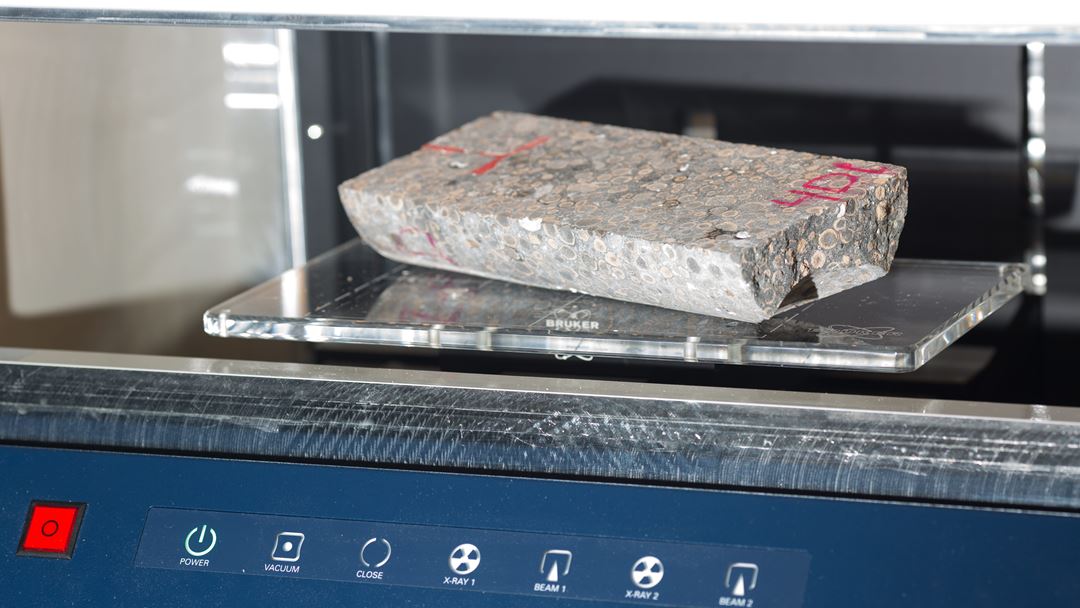Ola Skjølsvold
Senior Research Scientist- Name
- Ola Skjølsvold
- Title
- Senior Research Scientist
- Phone
- +47 93 05 86 91
- Department
- Architecture, Materials and Structures
- Office
- Trondheim
- Company
- SINTEF AS
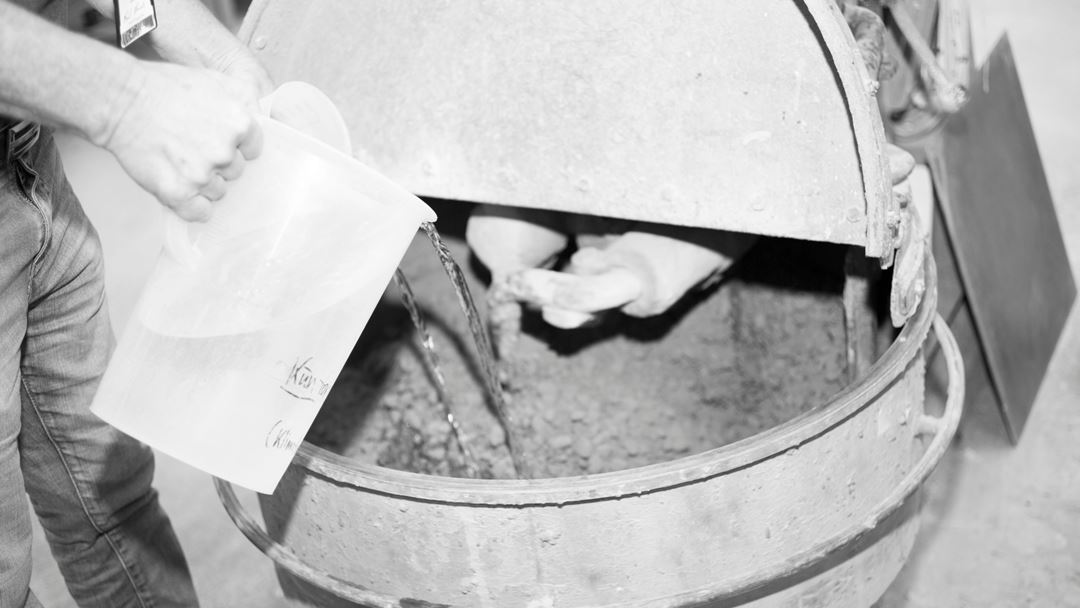
In our laboratories, we have equipment and qualified personnel to perform a wide range of standard tests on fresh concrete. We also have myriad experience in developing tailor made test methods for special applications.
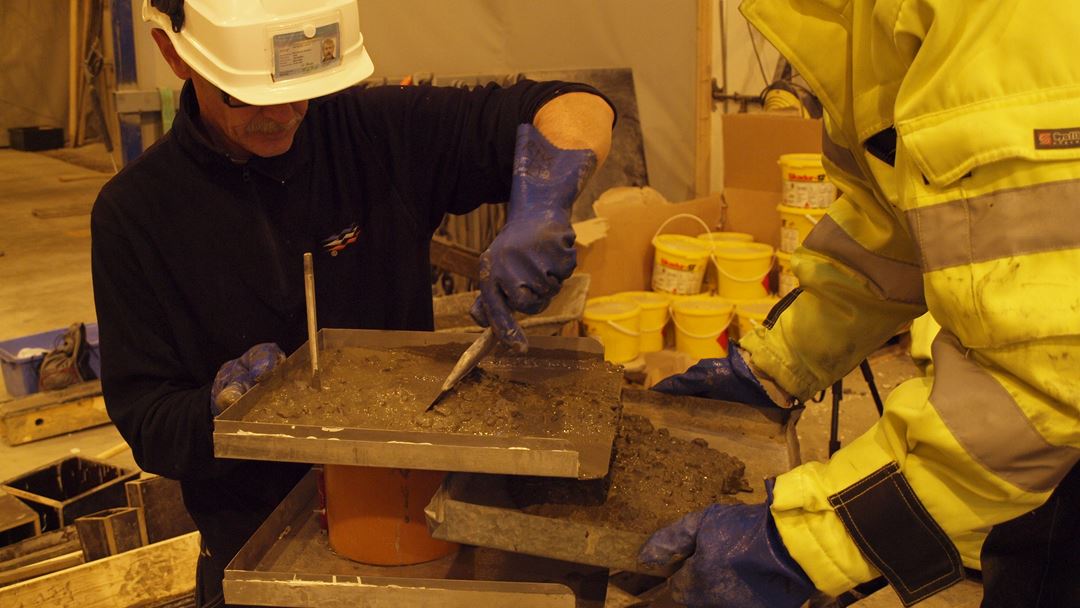
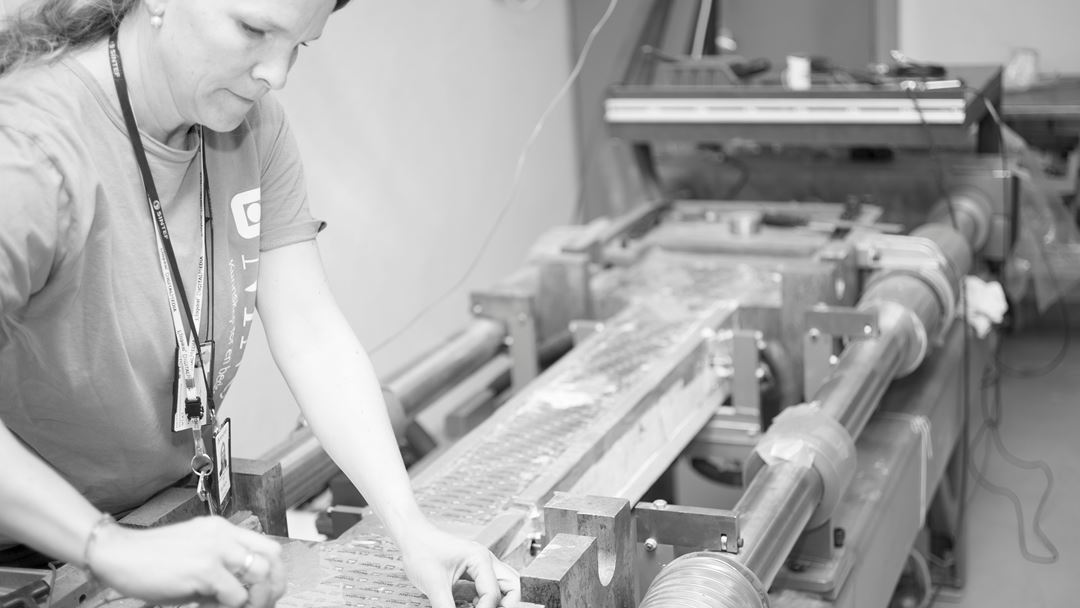
Together, SINTEF and NTNU has the facilities and experience to perform different types of mechanical tests such as compressive strength, fracture energy and E-modulus. We can perform mechanical tests on everything from small mortar prisms with low strength, to full-scale testing of structural elements. We also have equipment to measure creep and shrinkage on concrete.
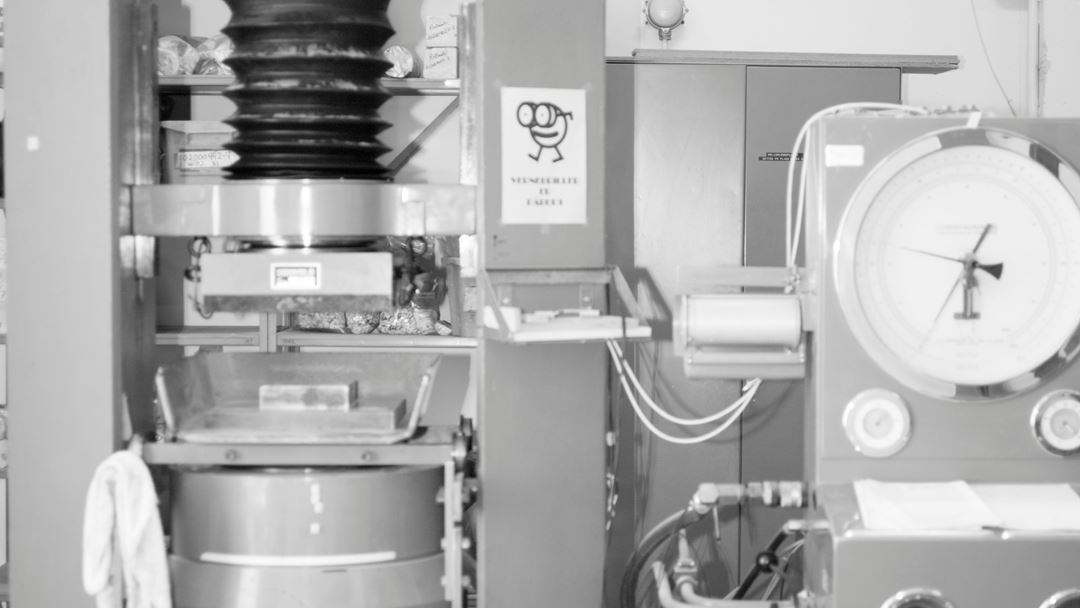
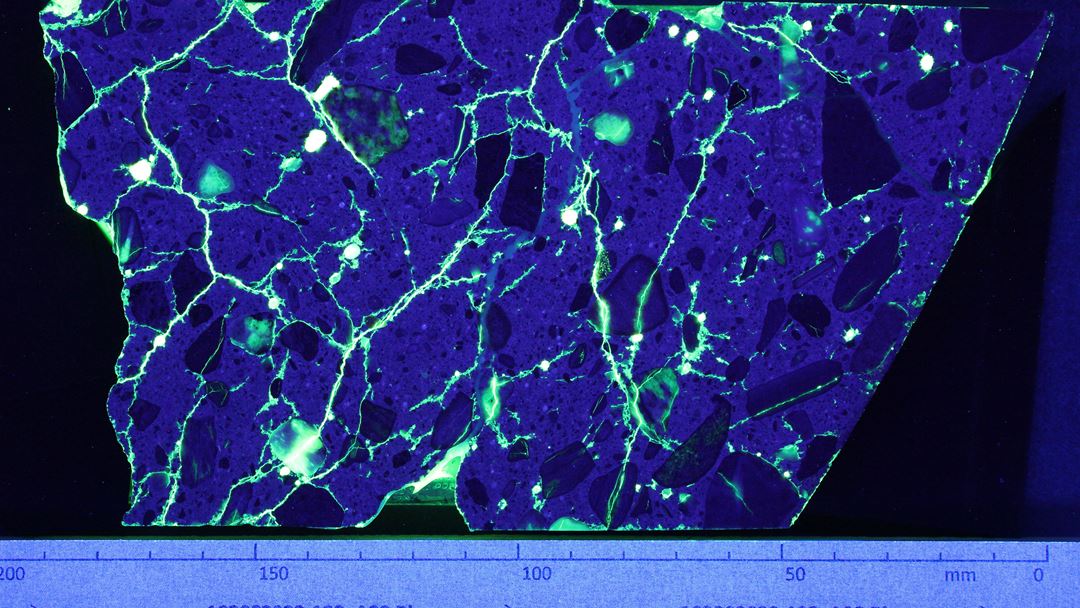
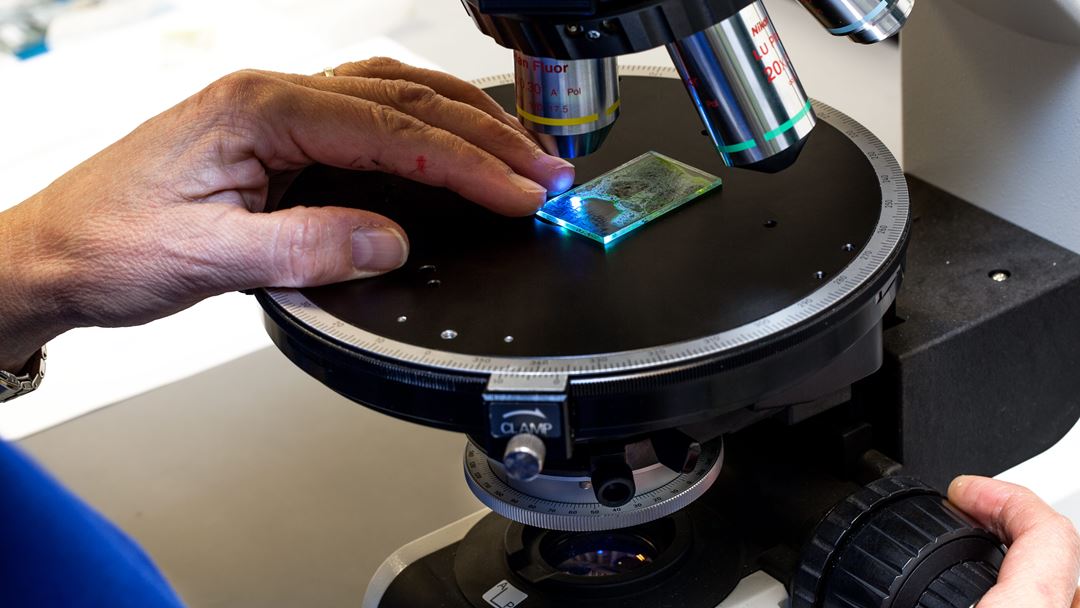
In this laboratory we perform microstructural analysis of concrete by using plane polished sections and thin sections. We can detect irregularities and damage such as e.g.:
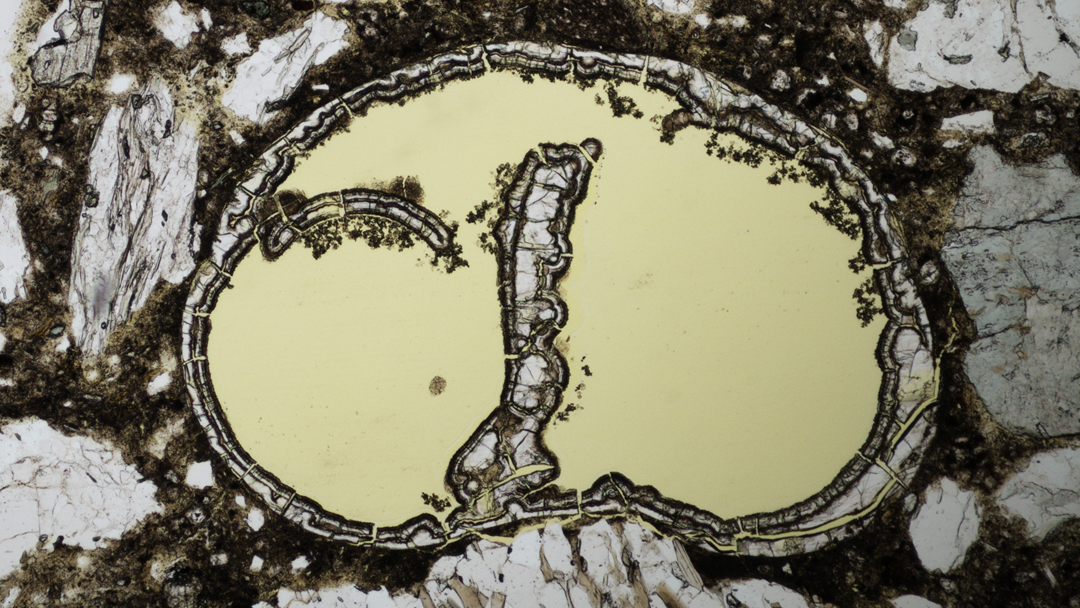
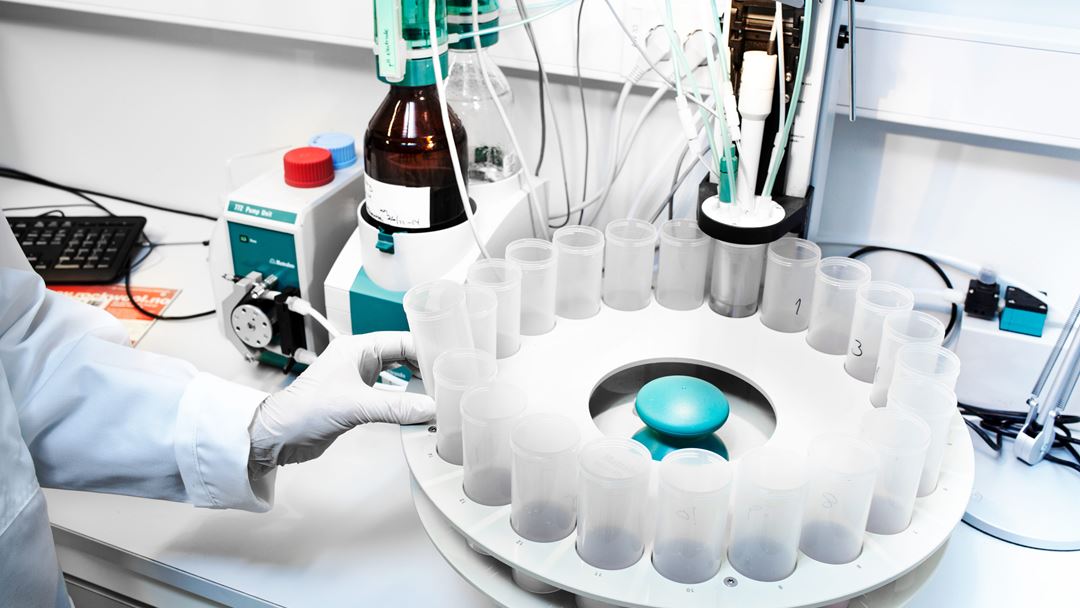
Thin layers are milled of concrete specimens in desired thickness and the chloride content for each layer determined by an automatic titrator. The chloride profiles can be used for evaluation of the concrete cover related to the chloride ingress for existing structures, or for calculation of chloride diffusion coefficient for different concrete compositions exposed to chloride solution in the laboratory. The testing is mostly performed according to CEN/TS 21390-11.
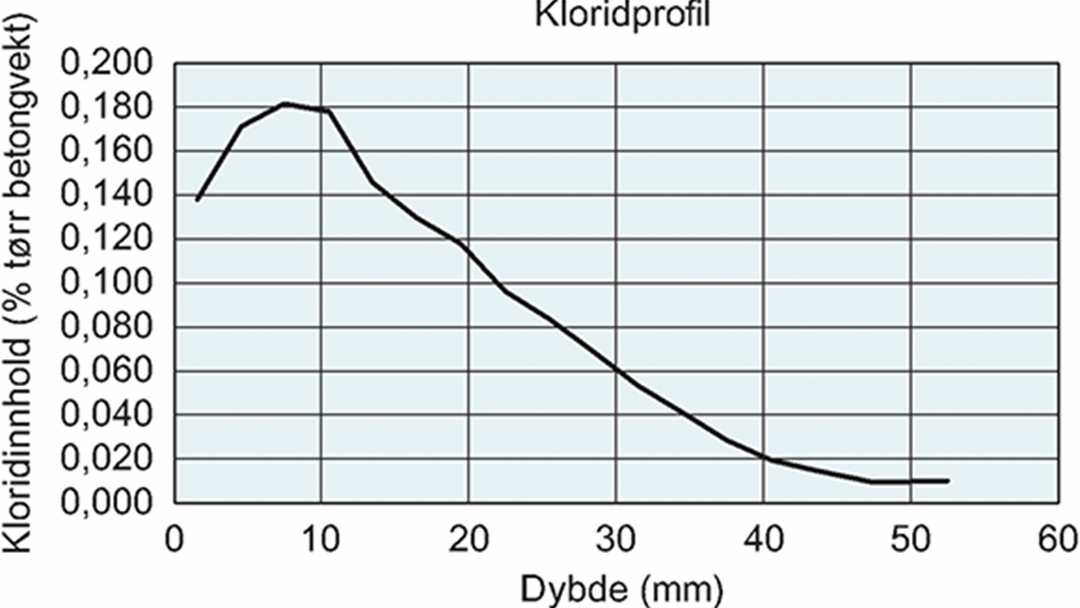
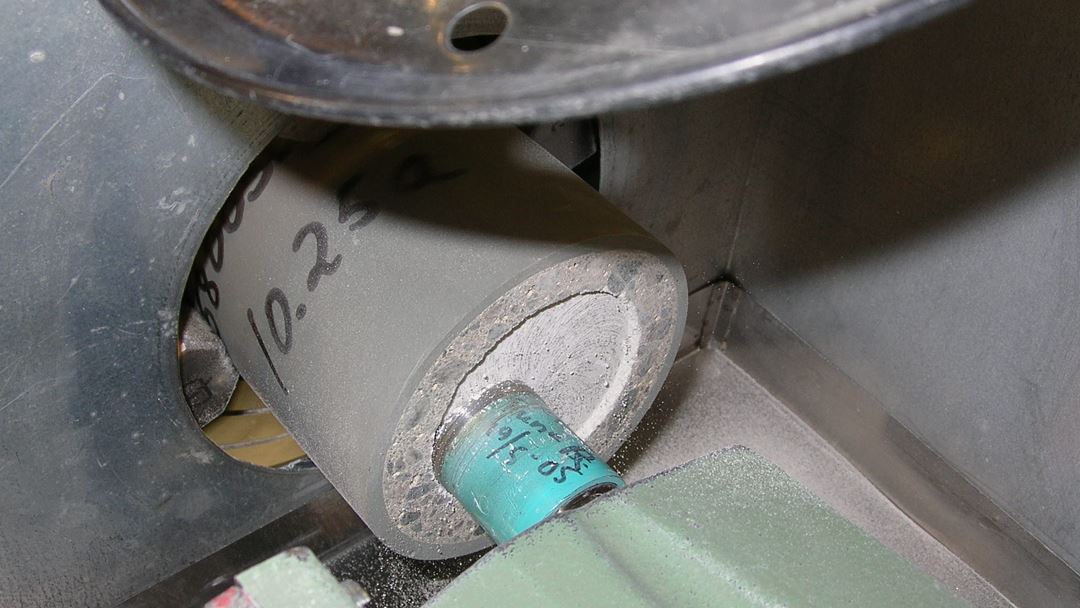
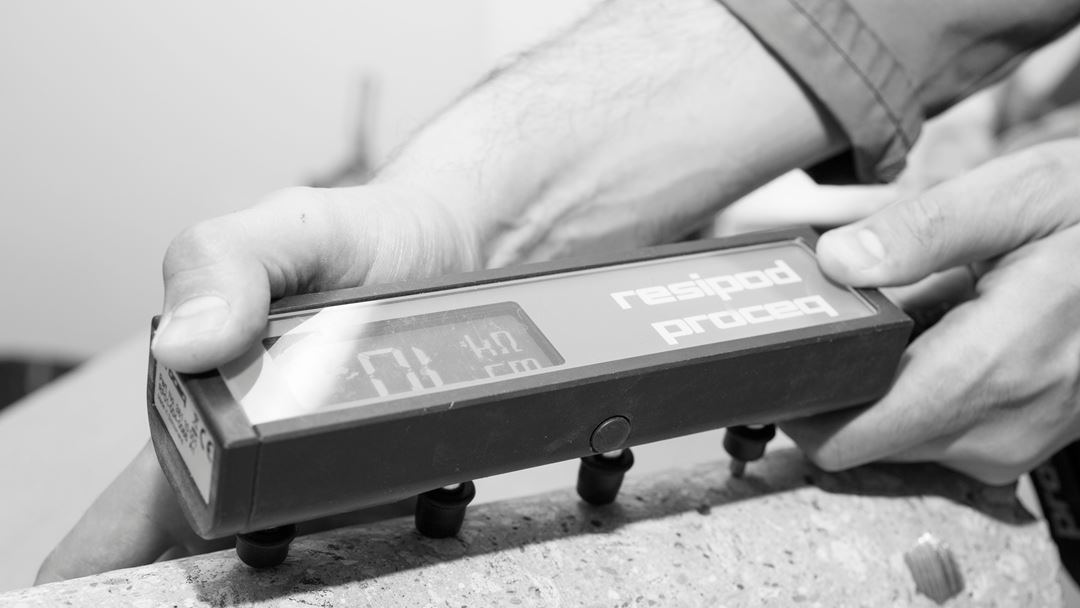
The corrosion of embedded rebars in concrete is a major cause of premature deterioration in reinforced concrete structures. In the rebar corrosion laboratory we look into both corrosion of reinforcement and concrete properties related to corrosion.
When determining corrosion rates, techniques as Linear Polarization Resistance, Galvanostatic pulse or AC Electrochemical Impedance Spectroscopy can be used. When performing health monitoring of field structures corrosion potential measurements are a valuable tool, which are usually coupled with concrete electrical resistivity measurements. All these techniques are used in the rebar corrosion laboratory, either on laboratory samples or field investigations.
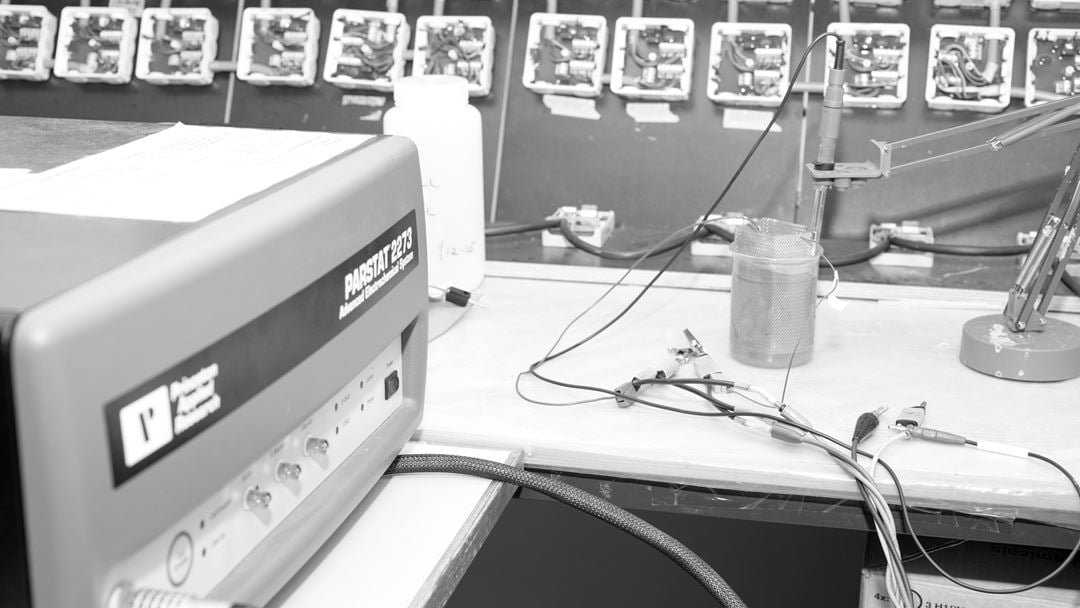
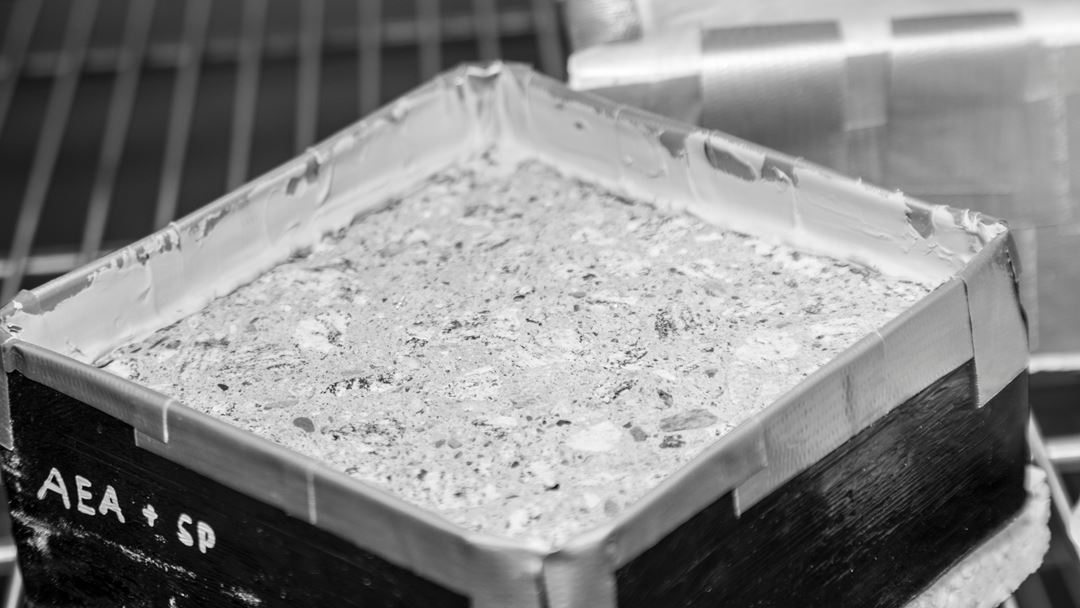
The frost resistance is determined by the slab method according to CEN/TS 12390-9. This test method can be applied on drilled cores from structures or concrete products or on cast specimens for documentation of the frost resistance for different concrete compositions.
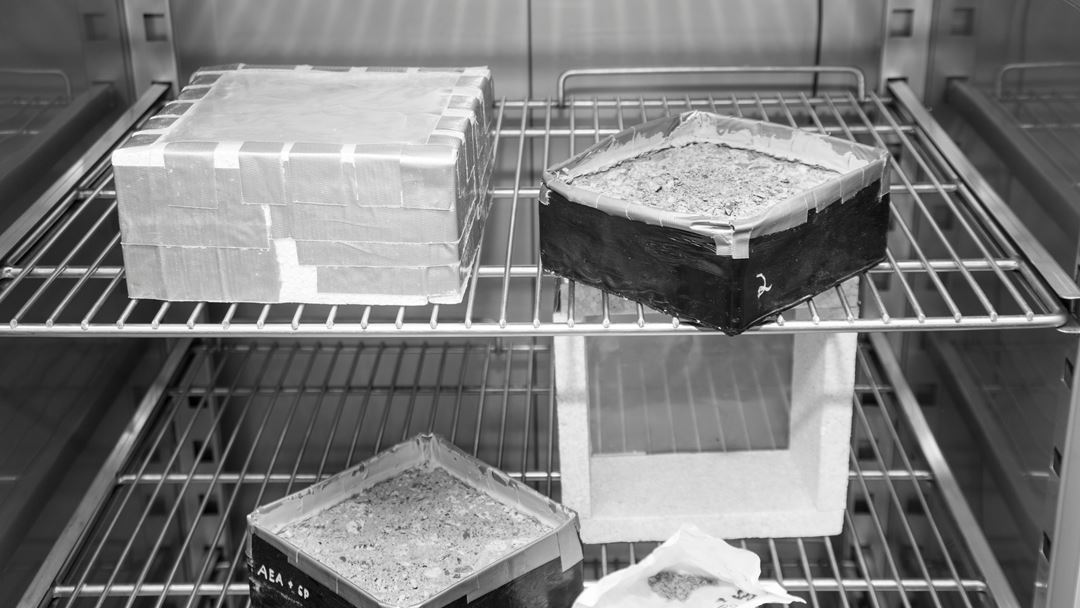
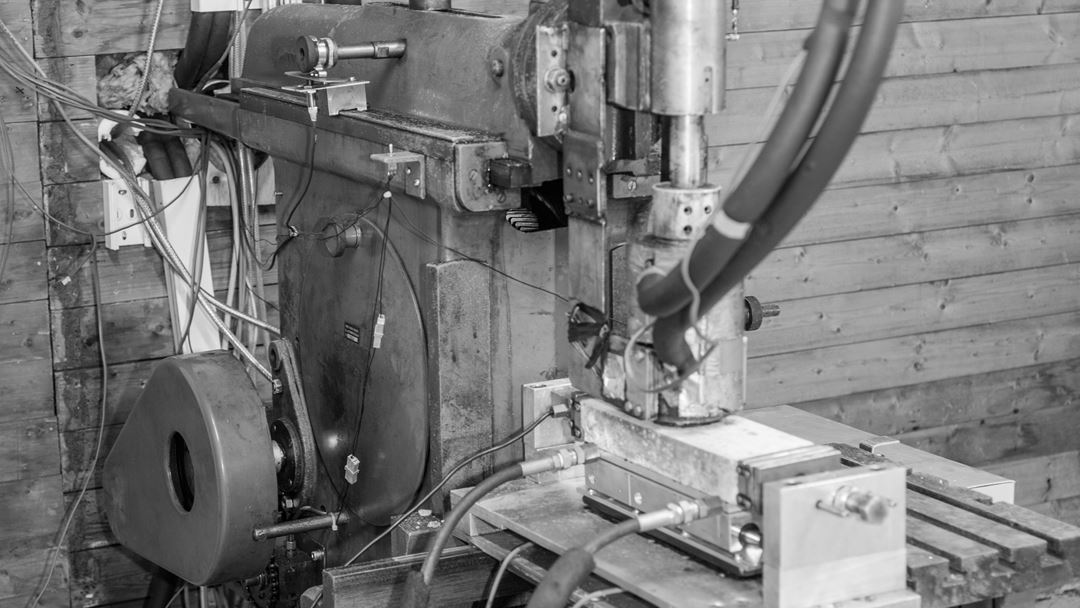
In abrasion laboratory, we study the resistance of concrete surface to ice exposure. We test concrete samples by sliding of fresh-water ice specimen, under constant load 1MPa for 3 kilometers of sliding distance. The temperature in abrasion lab is -10˚C.
On different stages of the test, we scan the concrete surface with laser scanner. The concrete surface scans allow us to estimate average abrasion depth.
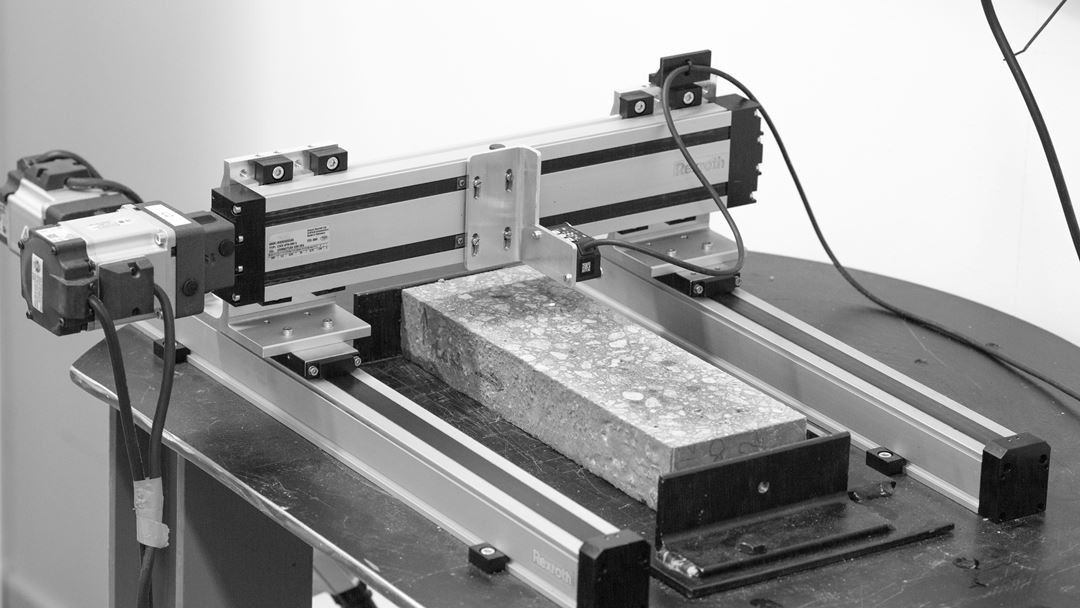
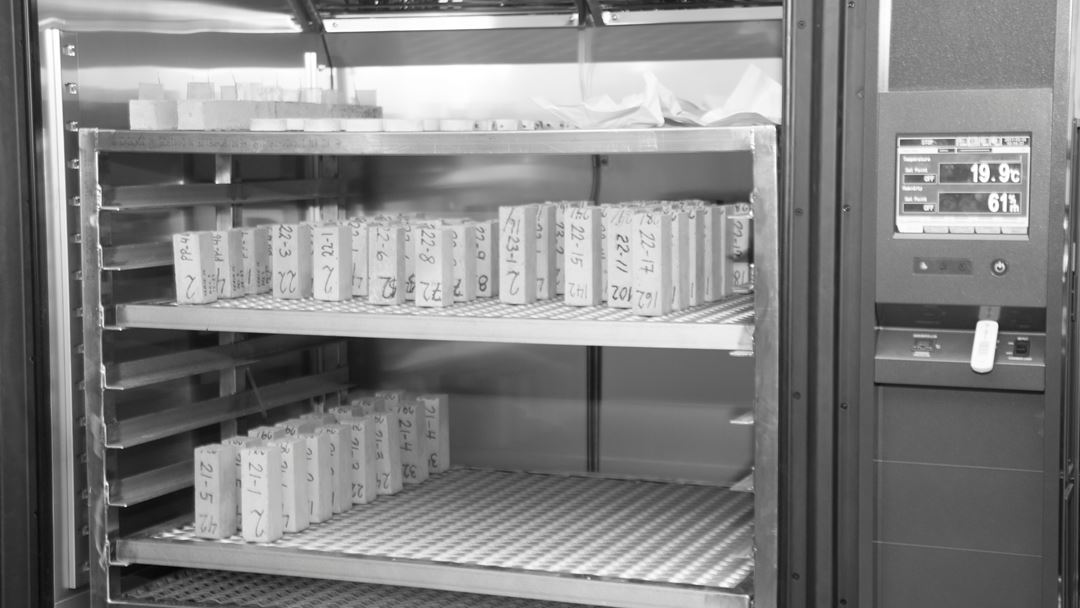
The carbonation resistance for different concrete composition or surface treatment can be evaluated by 8 or 16 weeks exposure in cabinets at a constant level of 1 % CO2 at 60 % RH and 20 ⁰C as specified in EN 13295
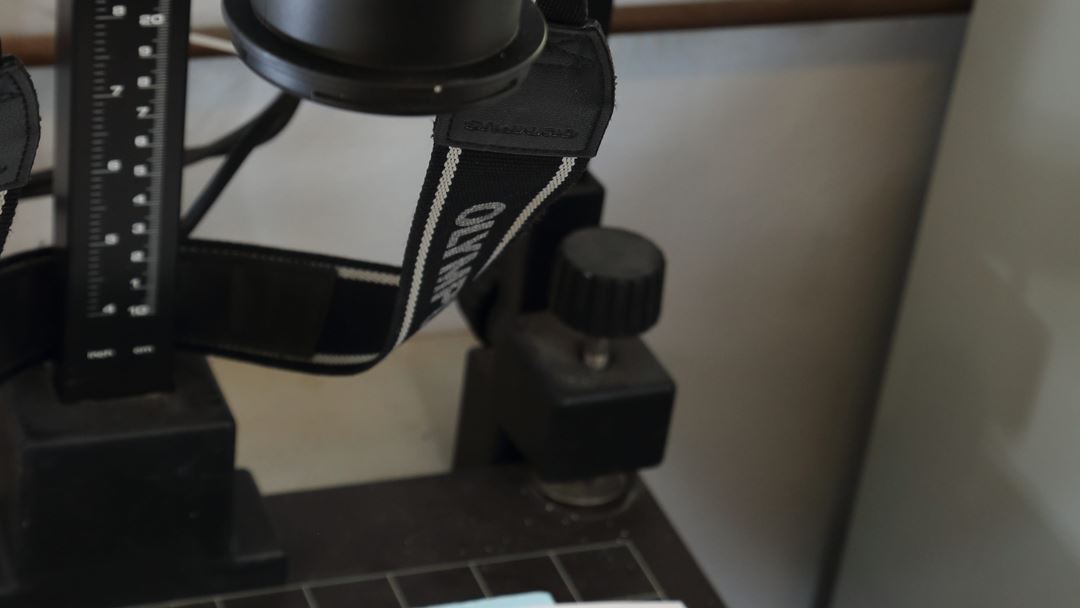
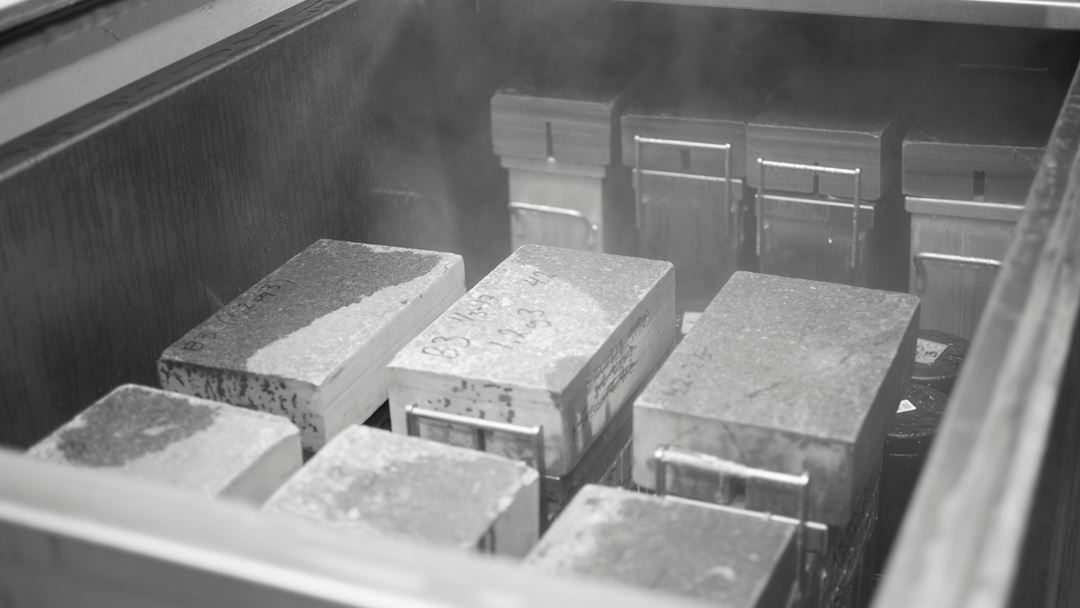
The potential Alkali Silica Reactivity (ASR) of aggregates can be performed according to the Norwegian Mortar bar method (80⁰C, 1 N NaOH, 14 days) or the Norwegian Concrete prism test (NCPT, 38⁰C, 95-100 % RH, 1 year).
Performance testing of concretes or "ASR resistant" binders can be performed according to the NCPT (1 or 2 years). For research purposes, SINTEF is also equipped with two ASR reactors (60⁰C, 100 % RH) for testing according to draft RILEM methods.
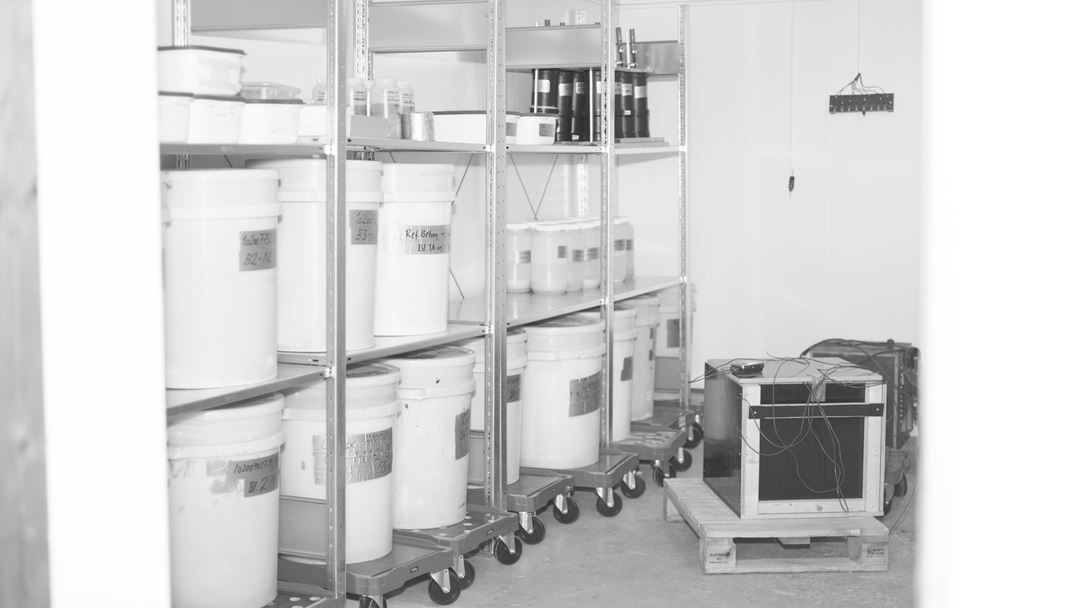
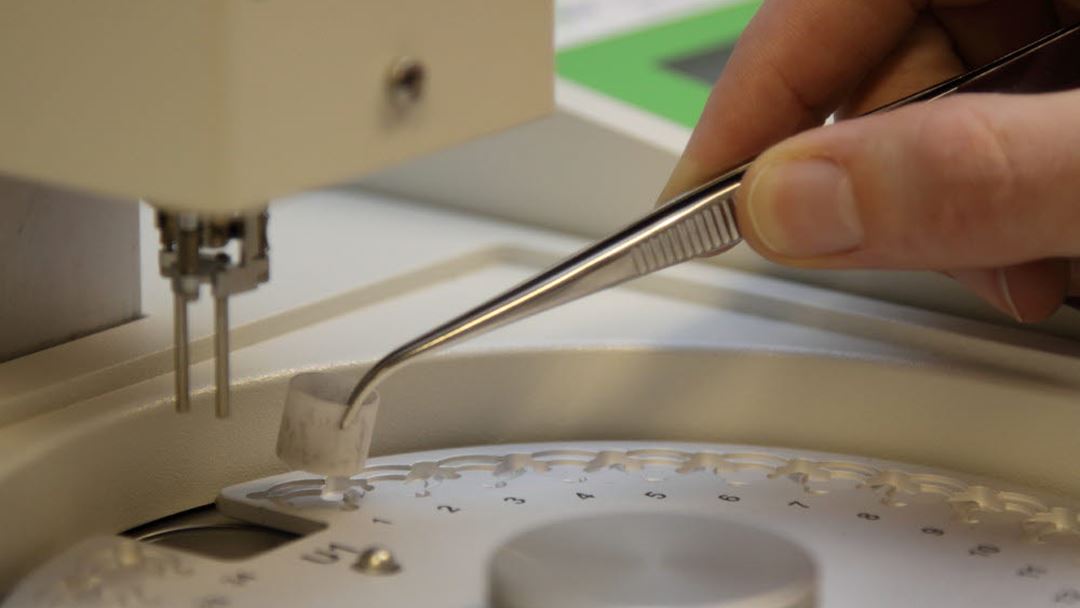
Together, SINTEF and NTNU have specialized laboratories for the analysis of fresh and hydrated cement paste. The laboratories are equipped for samples preparation e.g. mixing, sawing, grinding, pressing pore solution and stopping hydration.
Our paste rheometer allows us to determine the flow parameters of fresh cement paste (dmax=0.125 mm).
Isothermal and a semi-adiabatic calorimetry are used to determine the heat of hydration on respectively paste and mortar.
The phase assemblage of hydrated cement paste can be analysed by our in-house TGA-DSC, and we have access to XRD and SEM-EDS. Pore solution can be analysed by flame spectrometry or ICP-MS.
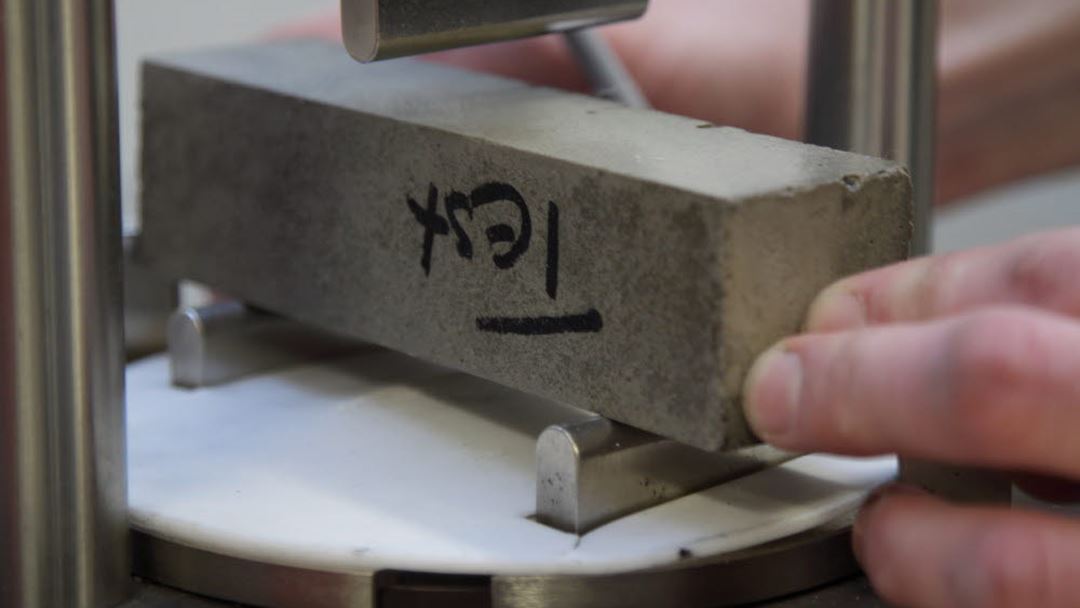
The major deterioration mechanisms impeding the durability of concrete involve the movement of ions/elements. A µ-XRF can map elements on a cross-section of concrete. It thereby allows us to follow the changes in spatial distribution of ions in concrete e.g. ingress of elements along cracks or migration of ions. This is the key to unravelling mechanisms for concrete degradation.
The principle of X-ray fluorescence (XRF) to determine the elemental composition of powdered materials is well known. The material is excited by an X-ray beam and the radiation emitted by the sample is analysed to determine the elemental composition. Recent developments have led to the creation of a µ-XRF, with which as-receive samples can be scanned with a focused X-ray beam. This allows determining the spatial distribution of elements and the production of elemental maps.
µ-XRF allows relatively large samples (20x15 cm, 5 kg) and does not require sample preparation, which will lead to more reliable results and shorter time to analysis.
